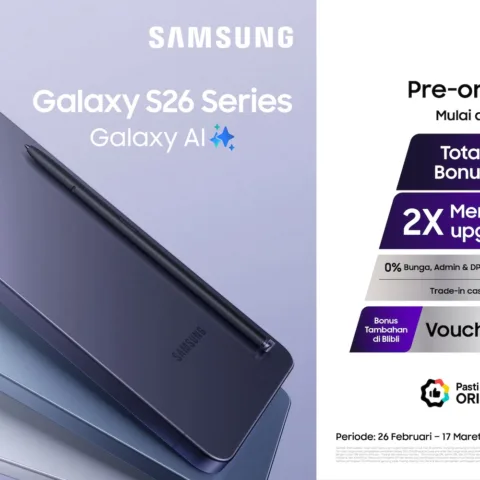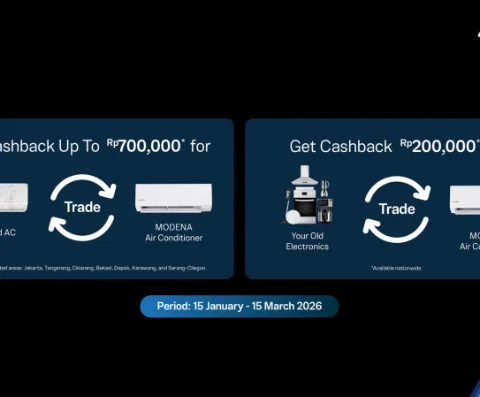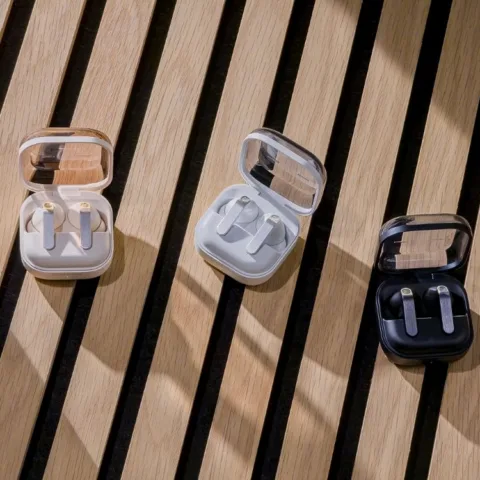 It bothers me that for the past 4 years or so, the number of Indonesian startups grows really fast producing hundreds of new consumer companies each year, but almost none of them reaches “the million-users” club. As big as the traction gets, it’s a couple hundreds of thousands users not not even in the millions. Why is this happening? Has no one crack the code?
It bothers me that for the past 4 years or so, the number of Indonesian startups grows really fast producing hundreds of new consumer companies each year, but almost none of them reaches “the million-users” club. As big as the traction gets, it’s a couple hundreds of thousands users not not even in the millions. Why is this happening? Has no one crack the code?
Most startups I talked to always think that they have to focus on addressing real problems, building great products and make money out of it. What most people might have left out, is the fact that they need a user base for their products. How to get people to register to your site and become a member with full benefits. The problem is there’s not enough platform to grow into millions of users in Indonesia.
Let’s drill down.
For the global site (assuming you have a world-class product) you can use Twitter or Facebook as a platform to grow your userbase. But in Indonesia, we don’t have much. Of course there’s Kaskus with its 4 million users but even they have difficulties monetizing their community. We have other sites like Detik or Vivanews but let’s face it, they have their own agenda and it might align with most startups (Kompas might).
As far as I see it, Indonesian startups only have two choices : telco and phone manufacturers. You want a million users, you go to them. So far, there aren’t too many choices.
Of course it’s not as easy as it may seem, but telco carriers now need content more than ever. They’re running out of time to make business from data plans, since voice/sms is no longer a good business for most of them. Telcos need content, local content. We cannot forget the fact that most startups refuse to work together with telco carriers because of the unfair profit sharing startups complain about, but I think that will soon change. Looking at the recent situations, telco carriers and local content providers needs each other. True, telco have the upper hand since they have the user base, but they won’t deny the fact that they need good local content.
Same thing goes for phone manufaturers, be it RIM, Nokia, Samsung, HTC, Nexian etc. They also need high-quality content, something that startups have. And these bunch of people has been doing a really great job nurturing the developer ecosystem in Indonesia.
Foreign companies such as Blaast, Fonetwish, TMG Games, Bubble Motion, they know what they’re doing when they decided to enter Indonesian market and they all have the same strategy : strategic partnership with local telco. And some local startups has been doing the same thing as well. And if they’re doing a good partnership with foreign content provider, I think both telco and phone manufacturers can do a better deal for local content.
It’s not going to be easy reaching one millions users, and it’s going to be harder to maintain. Maybe it’s time for Indonesian startups to realize that they need telco and phone manufacturers more than they think, and for telco carriers and phone manufacturers to realize they need local content more than they think as well.
Always a win-win.










Getting millions of users doesn’t always means you will get a lot of money.
There are cases that you don’t need to get millions users but you can get millions or even bigger revenue.
I would prefer to crack the code for how to generate millions or hundreds million of money.
same here